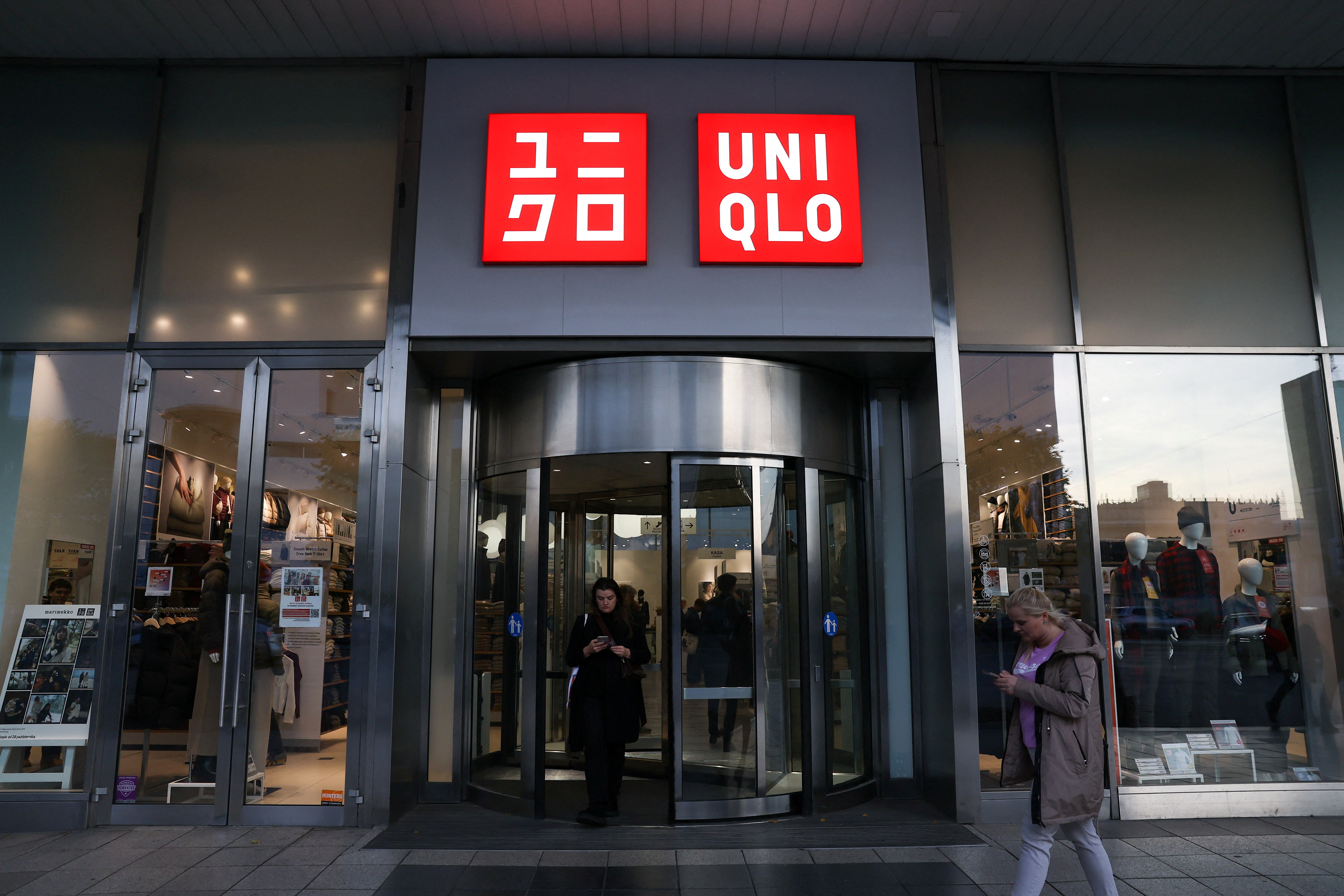Uniqlo boss says retailer does not use Xinjiang cotton
Tadashi Yanai stops short of revealing source of cotton fearing politicisation of row
Japanese clothing retailer Uniqlo does not use cotton from the Xinjiang region in northwest China, the company's boss said.
Fast Retailing's chief executive Tadashi Yanai broke his silence on the supply of fabric for his brand's clothing for the first time amid allegations of human rights violations in the supply chain and concerns over forced labour in Xinjiang, which produces some of the world’s best cotton.
Companies that buy clothing, cotton, tomatoes and other goods from Xinjiang have come under pressure from Western consumers over the alleged genocide of the minority Uyghurs and Hui Muslims under the Xi Jinping administration over the past decade.
Beijing has routinely denied allegations of “crimes against humanity”, calling them the “lie of the century”.

The violations have prompted Western nations, led by the US, to impose tough regulations on the import of goods from Xinjiang in 2022. Several global brands, such as H&M, Nike, Tommy Hilfiger and Adidas have faced backlash in China for removing products using Xinjiang cotton from their shelves expressing concern for the alleged use of forced labour.
Uniqlo, which has 2,500 stores worldwide, had remained neutral "between the US and China" over the Xinjiang row to keep the business floating in the Asian country with the second-largest population in the world.
"We’re not using [cotton from Xinjiang]," Mr Yanai told BBC in Tokyo. "By mentioning which cotton we’re using ... actually, it gets too political if I say anymore so let's stop here," he said without adding further details.
A US federal report published in 2022 estimated that cotton from Xinjiang accounted for roughly 87 per cent of China’s production and 23 per cent of the global supply in 2020 and 2021.
Mr Yanai said Uniqlo "was not a known brand globally" and China and the Asian subcontinent were still the brand's biggest market. In November this year, he told the Associated Press that "there is more potential for growth in Europe and the US, as well as China and India, given the 1.4 billion population in each country”.

He told the BBC that there were only 900 to 1000 stores for China's mammoth population. "I think we can increase that to 3,000,”
Uniqlo's parent company Fast Retailing had earlier in 2021 claimed that the company does not use any materials linked to human rights violations.
Meanwhile, Volkswagen on Wednesday said it will sell all its operations in China's Xinjiang after years of mounting pressure to abandon its presence in the region. The carmaker announced the decision at the same time as saying it would extend its partnership with Chinese partner SAIC by a decade to 2040.
Rights groups hailed Volkswagen's decision to exit Xinjiang as a "positive step, albeit long overdue".
"Car companies should map their supply chains and disengage from any supplier sourcing material directly or indirectly from Xinjiang,” said Jim Wormington, senior researcher and advocate in the Economic Justice and Rights Division at Human Rights Watch.
Join our commenting forum
Join thought-provoking conversations, follow other Independent readers and see their replies
Comments
Bookmark popover
Removed from bookmarks